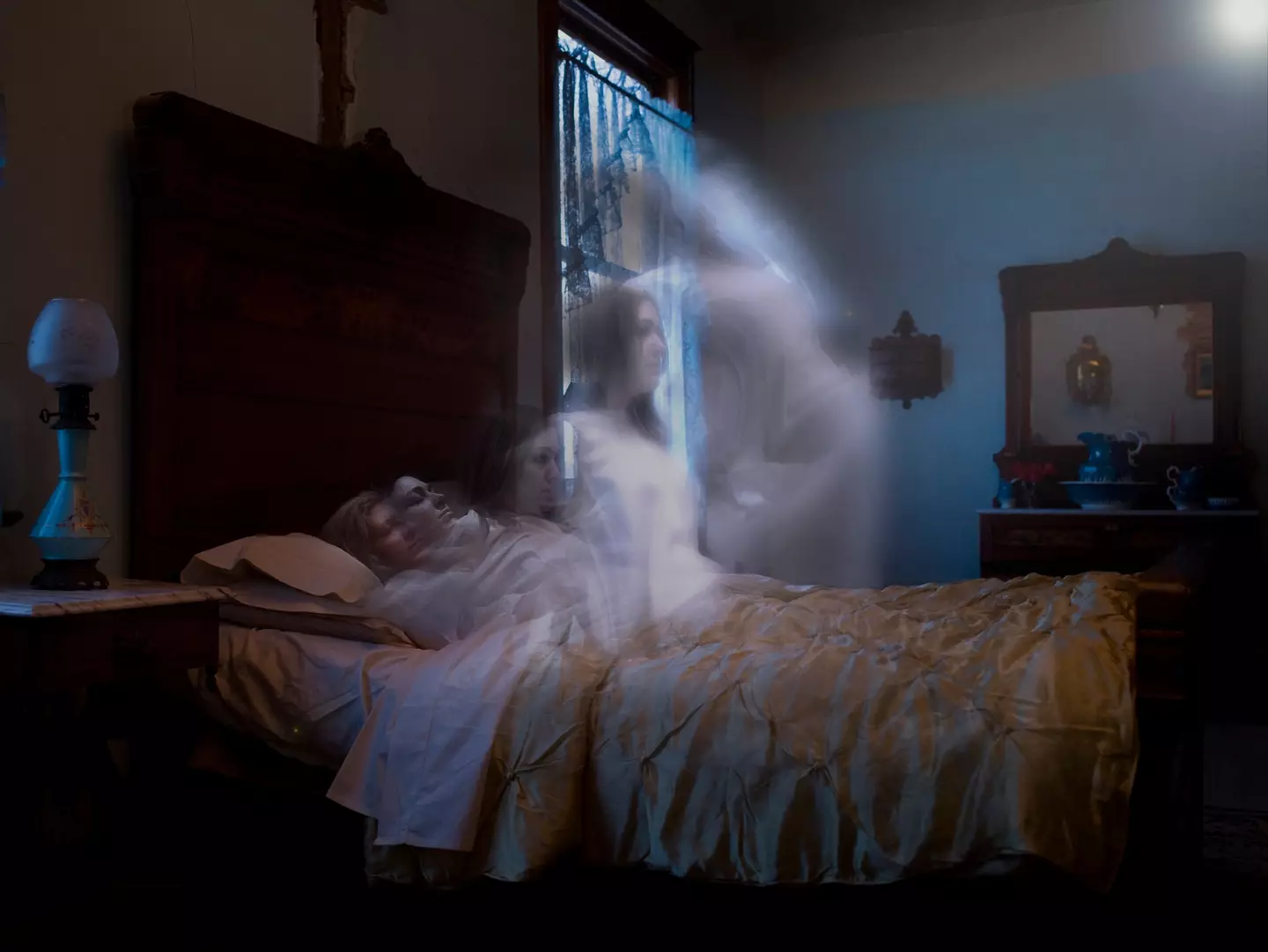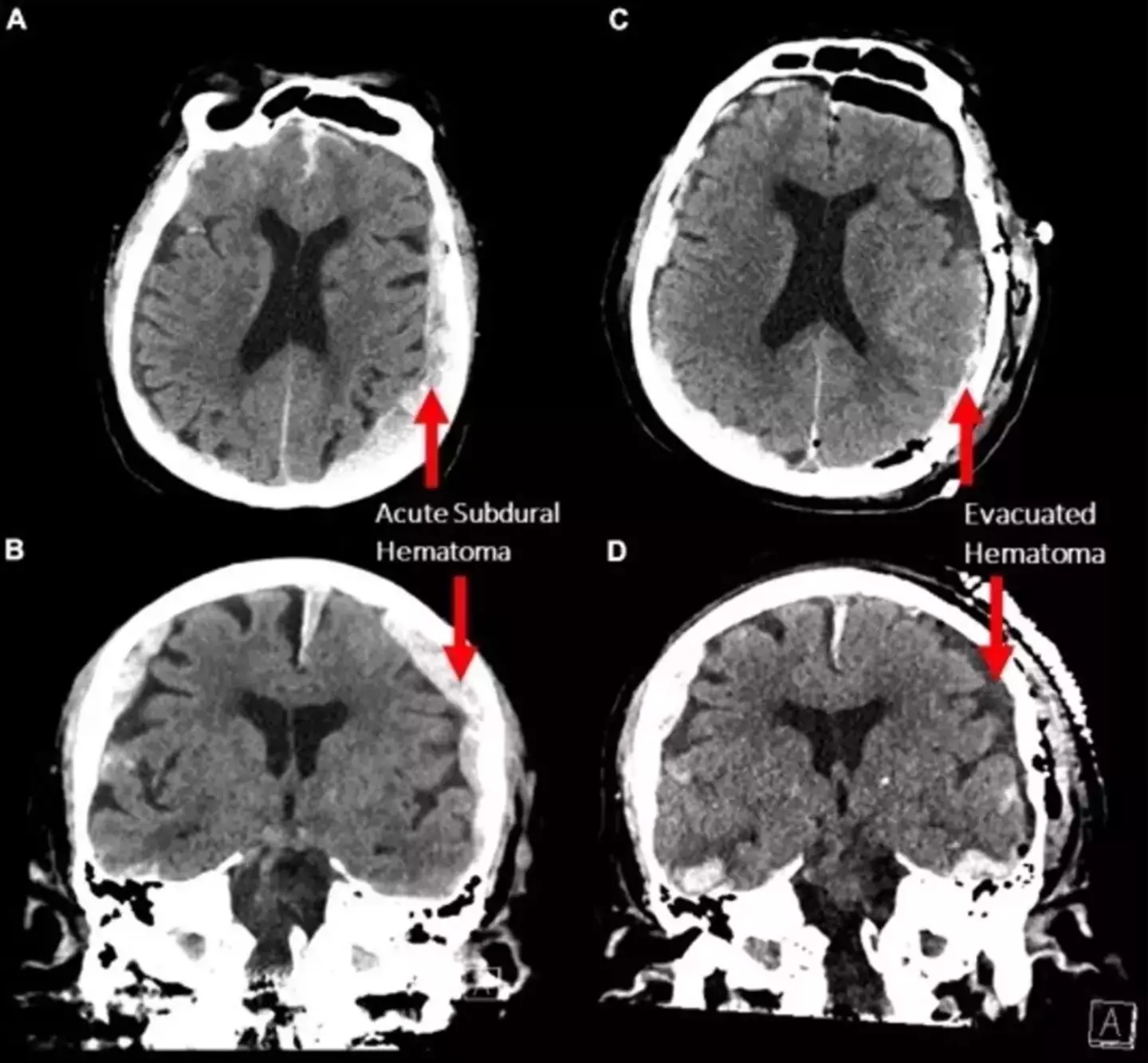.jpg)
Have you ever wondered what exactly goes through a person's mind in the final moments before death?
It's a question which has haunted humans from the moment we become aware of the fact that we're alive.
Thinking about death is also a pretty uncomfortable one for most of us, as it's a harrowing combination of entering the world of the unknown and something which is unavoidable for all of us.
Sure religious or spiritual people will tell you there's an afterlife and there's accounts from people who've had near-death experiences, but we don't really know what happens in the seconds that we slip away from this world until it actually happens.
Advert
However, one landmark study suggests we may finally have some idea about what happens to us in these last few seconds.

What happens to the human brain before death?
Published in the journal Frontiers in Aging Neuroscience back in 2022, researchers in Canada were able to examine the final moments of a human brain thanks to a complete coincidence.
The study looked at the brain of an 87-year-old man suffering from epilepsy had been undergoing regular electroencephalography (EEG) scans at the University of Tartu, Estonia in order to detect seizures.
However, the patient had suffered a heart attack and passed away during one of the scans, which gave scientists and doctors the rare opportunity to record the brain at the moment of death.
The data - which included the 30 seconds before and after the man's heart stopped beating - was then used in a study in Vancouver co-led by Dr Ajmal Zemmar.
And the results were fascinating.
What did researchers find?

There's an age-old belief that when we die the entirety of our life flashes before our eyes, either as a fond trip down memory lane (which is pretty comforting) or the brain searching for a helpful memory in a last ditch attempt to save you from death (less comforting).
Either way, it looks like there might be some kind of truth behind this belief. The study noted how the brain exhibits an increase in 'gamma oscillations' in the moments before death.
'Gamma oscillations' are linked to the retrieval of memories and dreaming, suggesting the patient may have been reliving past experiences before he died.
The study showed similar changes in brainwaves between rats at the time of death - but it's the first time it was detected in humans.
"Through generating oscillations involved in memory retrieval, the brain may be playing a last recall of important life events just before we die, similar to the ones reported in near-death experiences," Zemmar said.
"These findings challenge our understanding of when exactly life ends and generate important subsequent questions, such as those related to the timing of organ donation."
So what does this tell us about the final moments before death?

Of course, further information is needed before researchers can reach any form of conclusion, but it does suggest that humans may be dreaming or recalling certain memories when they die. It's also worth noting that this particular patient suffered from epilepsy, which further complicates how his brain worked.
"This could possibly be a last recall of memories that we've experienced in life, and they replay through our brain in the last seconds before we die," Zemmar added in an interview with the BBC.
"If I were to jump to the philosophical realm, I would speculate that if the brain did a flashback, it would probably like to remind you of good things, rather than the bad things."